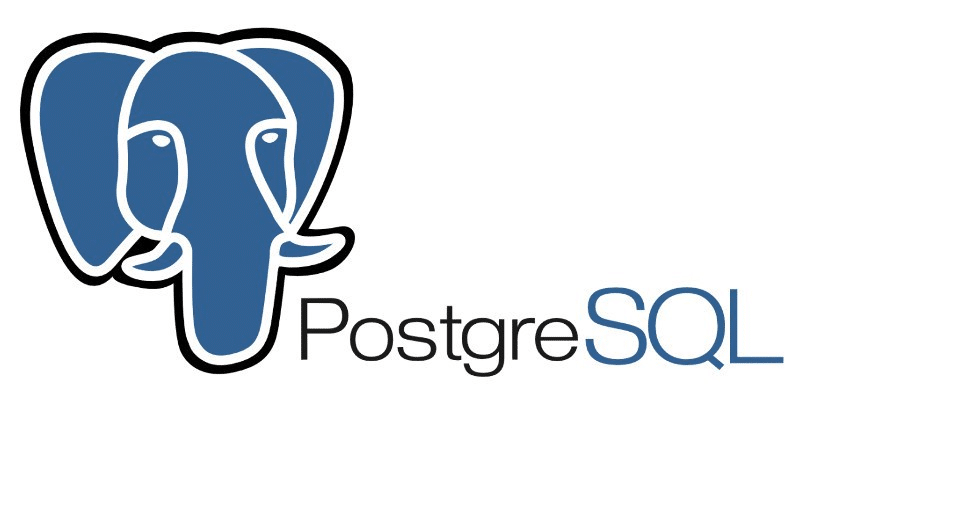PostgreSQL 16 Released New Features List - ScaleGrid
About Postgresql Vs
Before we dive further in, here are a few more quick facts about PostgreSQL and MySQL. Image created with info from PostgreSQL and Oracle. PostgreSQL vs. MySQL Key Similarities and Differences Similarities. The similarities between Postgres and MySQL are quite easy to spot. First and foremost, both tools store data in a relational manner.
Pros. Cons. Extensibility PostgreSQL allows users to define custom data types, functions, and use procedural languages Complexity PostgreSQL can be more complex to set up and administer than other database systems, requiring a deeper understanding of features and configuration options. Advanced Features PostgreSQL offers a wide range of advanced features, including complex data types
How to Choose Between PostgreSQL vs MySQL. Choosing between PostgreSQL and MySQL depends on several factors Application Requirements If your application requires complex queries, data integrity, and extensibility, PostgreSQL is often the better choice. For simpler, read-heavy applications where speed is critical, MySQL might be more suitable.
Comparing the strengths and weaknesses of PostgreSQL and MySQL. Comparing the strengths and weaknesses of PostgreSQL and MySQL. Copy logo as SVG. Copy brandmark as SVG. Open brand kit. vs RDS PostgreSQL vs Amazon Timestream vs Influx vs MongoDB vs ClickHouse vs Aurora vs Cassandra vs vanilla PostgreSQL. More. Blog. Tutorials. Support
PostgreSQL is built to adhere to standards, be feature-rich, and extendable. Its performance has been on parslower reads than MySQL but more efficient large data writes. Plus, PostgreSQL handles concurrent tasks better than MySQL. The difference in capabilities between MySQL and PostgreSQL has been shrinking over the years.
Determining whether MySQL vs. PostgreSQL better suits your needs. The vast majority of databases being used today do not get close to using all of their capabilities. Most of the work is CRUD Create, Read SELECT, Update, and Delete queries which will probably never scratch the surface of the advanced features found in that database.
The choice between PostgreSQL and MySQL, two of the most popular open-source relational database management systems RDBMS, continues to be a source of debate.. Both databases offer robust features and impressive performance, making it challenging to determine which one is better. However, by examining their distinct characteristics, we can gain insights into their suitability for various use
MySQL offers fewer features than PostgreSQL, but this allows MySQL to stay lighter, more stable, and faster at processingespecially when it comes to read-only queries. PostgreSQL was built to be ACID-compliant from the ground up and it's optimal when concurrent transactions MVCC are required, but it is slower and less stable when it
No database is quotbetterquot in an absolute sense it really depends on your requirements. Let's dive into the comparison. Overview of MySQL and PostgreSQL. MySQL Released in 1995, MySQL is perhaps the world's most widely used open-source database. It became famous as part of the LAMP stack Linux, Apache, MySQL, PHPPythonPerl powering
In general, PostgreSQL tends to perform better with complex queries due to its advanced query optimizer. MySQL, on the other hand, may have an edge in simple read operations, especially in smaller datasets. Benchmarking Results. Several benchmarks have shown that PostgreSQL outperforms MySQL in scenarios involving complex joins and subqueries.



































